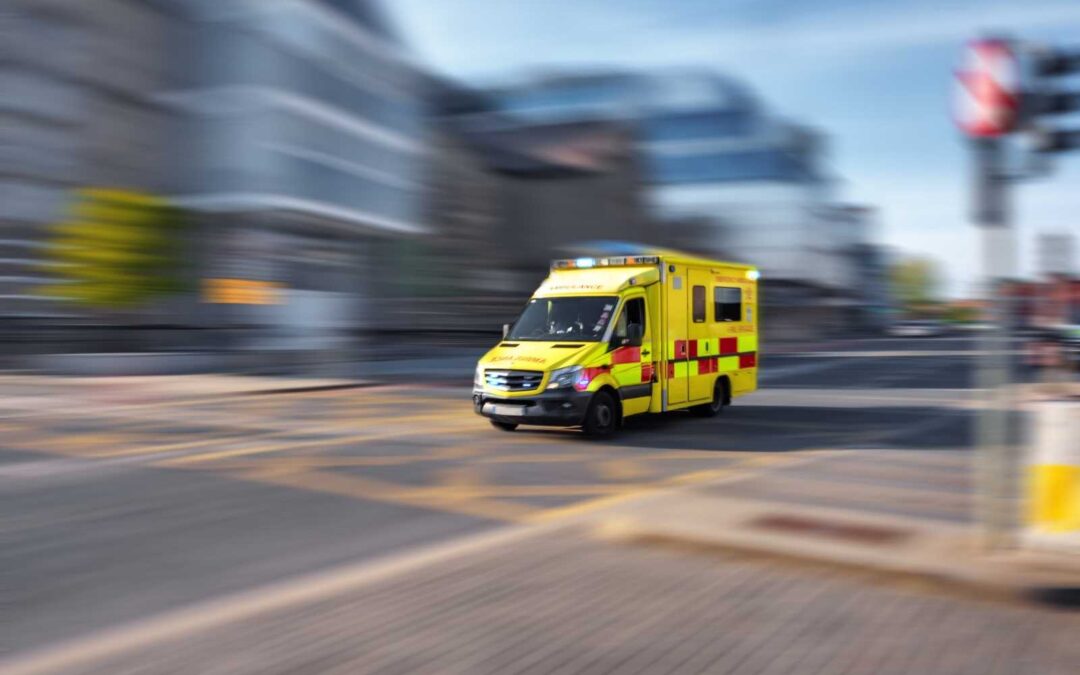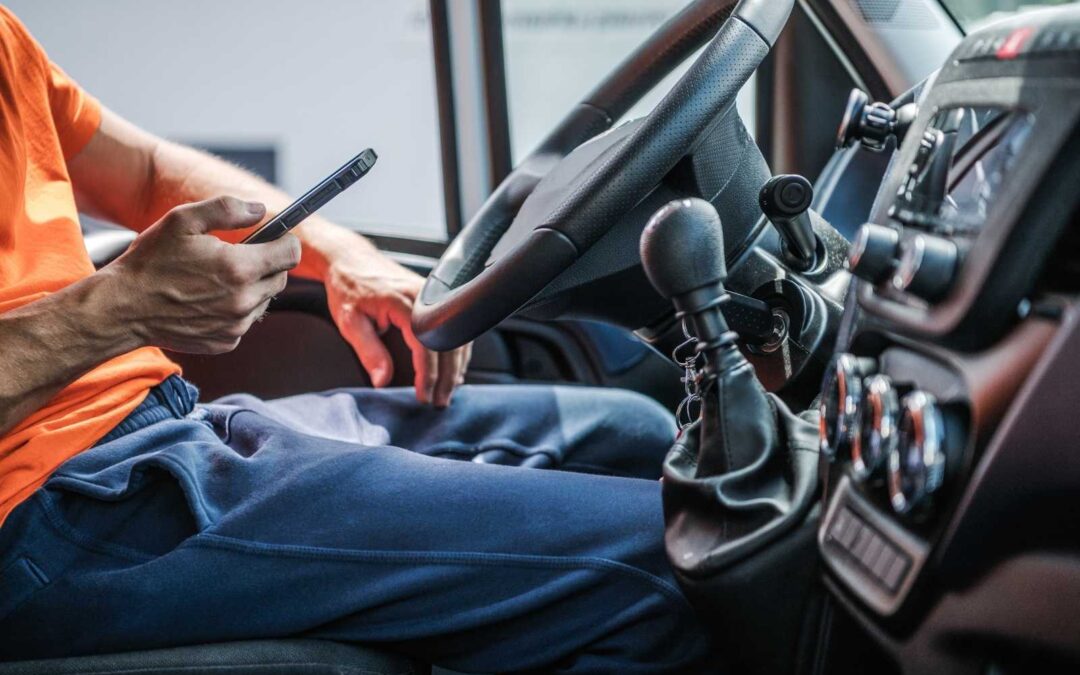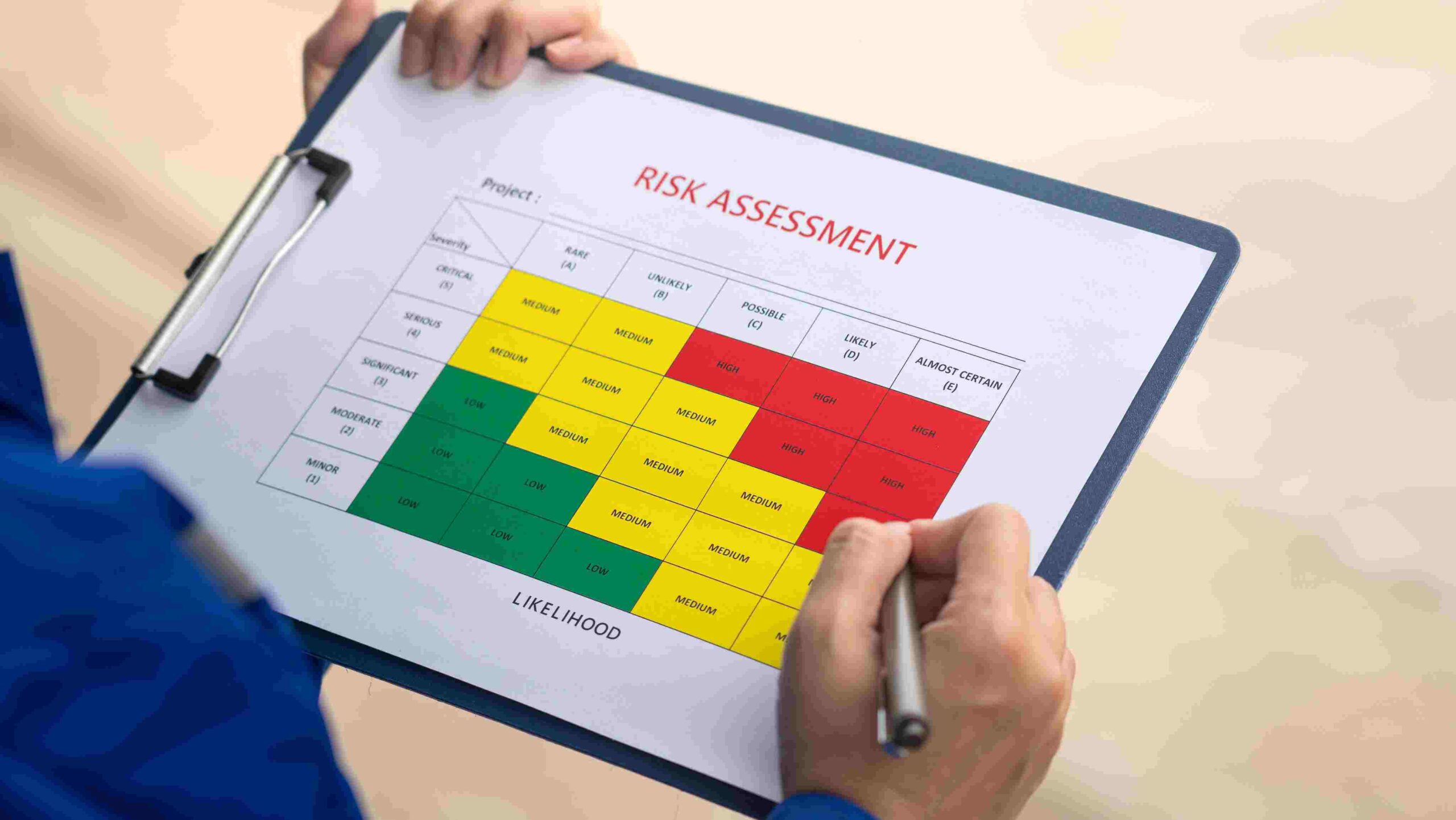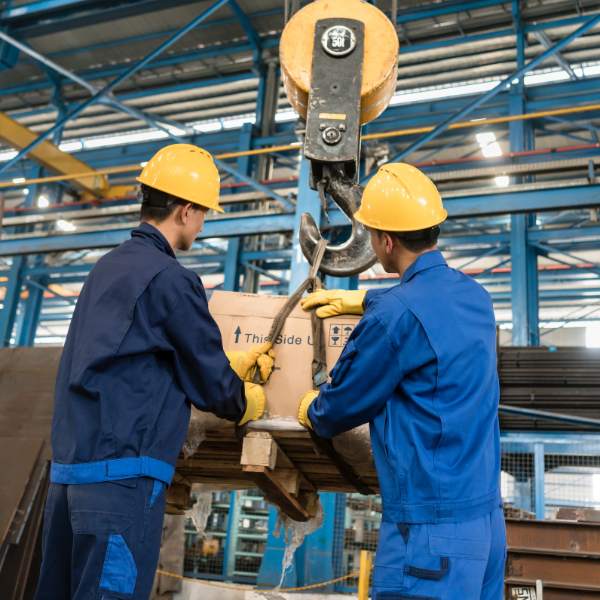All-Island Alert Safety Authorities Launch Campaign Targeting Deadly Falls
What You Really Need to Know
Introduction
In a major cross-border initiative, the Health and Safety Authority (HSA) in Ireland and the Health and Safety Executive for Northern Ireland (HSENI) have launched an intensive campaign targeting falls from height. Timed for the autumn, the campaign focuses on the construction and farming sectors, where falls remain a leading cause of death and serious, life-altering injuries.
This coordinated focus from the island’s top safety bodies is an urgent signal for every business involved in these sectors. It serves as a critical reminder of the severe risks and the absolute legal necessity of having robust, compliant safety systems in place.
This essential briefing breaks down the core message of the campaign and outlines the non-negotiable actions your business must take to protect its workers and ensure it meets its legal obligations.
Authoritative Link: The full details of the joint initiative were announced in the HSA’s official press release.
The Core Message Prevention is Simple and Essential
Both safety authorities have stressed that these tragic incidents are preventable. The campaign’s message is built around a simple, three-pronged approach that every employer must adopt. As stated by Bryan Monson, Deputy Chief Executive at the HSA, the key is to ensure that work at height is properly planned, organised, and managed.
The Three Pillars of Fall Prevention:
- Plan and Risk Assess Every Job: Before any work begins, a proper risk assessment must be carried out. This means going to the site, evaluating the specific task, and identifying all potential fall risks.
- Select the Right Equipment: A “one-size-fits-all” approach is a recipe for disaster. The choice of equipment must be appropriate for the task. This means prioritising collective protective measures like scaffolding or Mobile Elevating Work Platforms (MEWPs) over individual measures like ladders, which may be unsuitable.
- Ensure Equipment is Safe to Use: All equipment used for working at height must be in good working order and subject to regular inspections. Employees must be trained on how to conduct a pre-use check of their equipment.
A Reminder of Your Legal Duties Under Irish Law
This campaign directly reinforces an employer’s duties under the Safety, Health and Welfare at Work Act 2005. Furthermore, it aligns with the recently strengthened Safety, Health and Welfare at Work (General Application) (Amendment) Regulations 2025, which came into force on November 1st of last year.
These regulations legally mandate a strict ‘hierarchy of control’ that every employer must follow:
- AVOID: The first duty is to avoid work at height completely if it is reasonably practicable.
- PREVENT: If it cannot be avoided, you must use equipment that prevents a fall.
- MINIMISE: Only as a last resort should you use equipment that only minimises the consequences of a fall (e.g., a harness).
Failure to adhere to this hierarchy is a breach of Irish safety law.
Authoritative Link: The HSA provides detailed guidance on the legal requirements on its main page for Work at Height.
The Critical Role of Competence and Training
A key theme of the campaign is ensuring that people are competent to do the job safely. A plan and the right equipment are useless if the person carrying out the work does not have the necessary knowledge and skill.
Providing professional, documented training is not just best practice; it is a critical component of proving your compliance and ensuring your employees understand the risks and the procedures they must follow to stay safe. It is the most effective way to turn policy into safe practice on the ground.
Ensure Your Team is Trained and Compliant
This all-island safety campaign is a clear indicator that regulatory focus on work at height is at an all-time high. Now is the time to review your procedures and, most importantly, to invest in the competence of your team.
A documented training qualification is the best way to ensure your employees have the skills to work safely at height and that your business can prove its commitment to safety.
Acornstar provides a comprehensive Working from Heights course designed to equip your employees with the practical knowledge they need to stay safe and for your business to remain compliant.

The High Cost of Gravity Why HSENI is Targeting Falls in Construction and Farming
The High Cost of Gravity Why HSENI is Targeting Falls in Construction and Farming What You Really Need to Know In the high-risk industries of construction and agriculture, the most persistent and deadly hazard remains the oldest one: gravity. Despite stringent...

Safety First What the New EU Toy Safety Regulation Means for UK and Irish Businesses
Safety First What the New EU Toy Safety Regulation Means for UK and Irish Businesses What You Really Need to Know Introduction On 13 October 2025, the Council of the EU approved its position on a new Toy Safety Regulation that will replace Directive 2009/48/EC. The...

What the ISO 9001 and ISO 14001 Revisions Mean
The Future of HSEQ What the ISO 9001 and ISO 14001 Revisions Mean for UK and Irish Businesses What You Really Need to Know Introduction In the realm of Health, Safety, Environment, and Quality (HSEQ), standing still is never an option. The global standards that...

The AI Revolution in HSEQ What the EU’s “AI Factories” Mean for UK and Irish Businesses
The AI Revolution in HSEQ What the EU’s AI Factories Mean for UK and Irish Businesses What You Really Need to Know Introduction Artificial Intelligence (AI) is rapidly moving from a buzzword to an essential operational tool. A recent announcement from the European...

The Trojan Horse on Wheels Why a UK Scooter Recall is a Major Safety Warning for Irish Businesses
The Trojan Horse on Wheels. Why a UK Scooter Recall is a Major Irish Safety Warning What You Really Need to Know Lessons from a Critical Electrical Safety Failure In the world of workplace safety, the most serious threats often arrive in the most unassuming packages....

A Shock to the System Why the Anker Recall is an Urgent Electrical Safety Warning for Every Irish Business
Fire Hazard Anker Power Bank Recall is a Workplace Wake Up Call What You Really Need to Know The Shocking Truth About Power Bank Hazards In the world of tech accessories, few names are as recognised and trusted as Anker. That is why the recent major recall of their...

Ireland’s New Emergency Network Is Your Lone Worker Safety Plan Still Fit for Purpose?
National Safety Boost Irish Government Launches New Emergency System What You Really Need to Know Enhancing Emergency Services Response Across Ireland In a major step forward for national safety, the Irish Government has announced the launch of a new, state-of-the-art...

The Human Cost of Tech Is Your Irish Workplace Ready for the EU’s Digital Safety Focus?
What EU-OSHA's Seminar Means for Human Factors in Digital Workplaces. What You Really Need to Know Introduction On October 10th, 2025, Europe’s top safety experts will gather for a crucial online seminar hosted by the European Agency for Safety and Health at...

Beyond the Award Are You a ‘Leading Light’ in Driving for Work Safety?
Why the EPA’s 2025 Air Quality Report is a Wake-Up Call for Irish Businesses What You Really Need to Know Introduction Every year, the Road Safety Authority (RSA) shines a spotlight on the individuals, communities, and organisations making a real difference on our...
URGENT New Irish Safety Laws for Manual Handling & Work at Height Effective November 1st
Why the EPA’s 2025 Air Quality Report is a Wake-Up Call for Irish Businesses What You Really Need to Know Introduction In a significant development for workplace safety in Ireland, Minister of State Alan Dillon has signed major new regulations into law, updating the...






